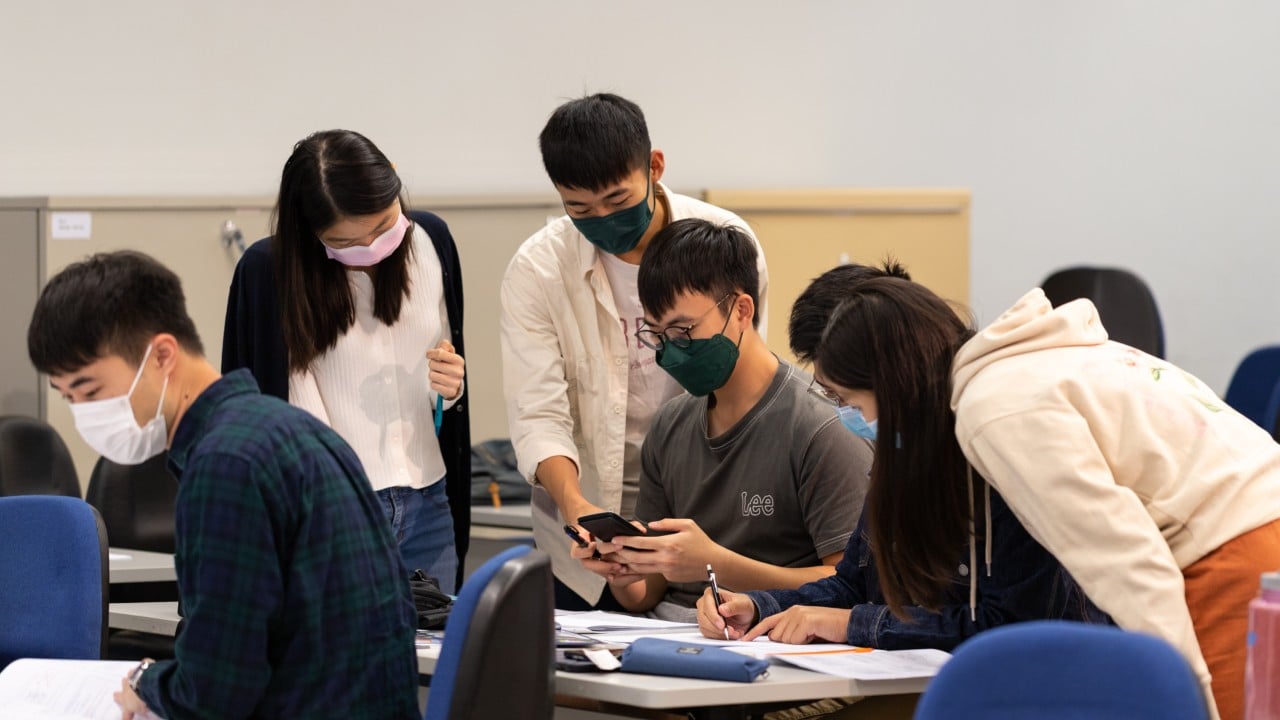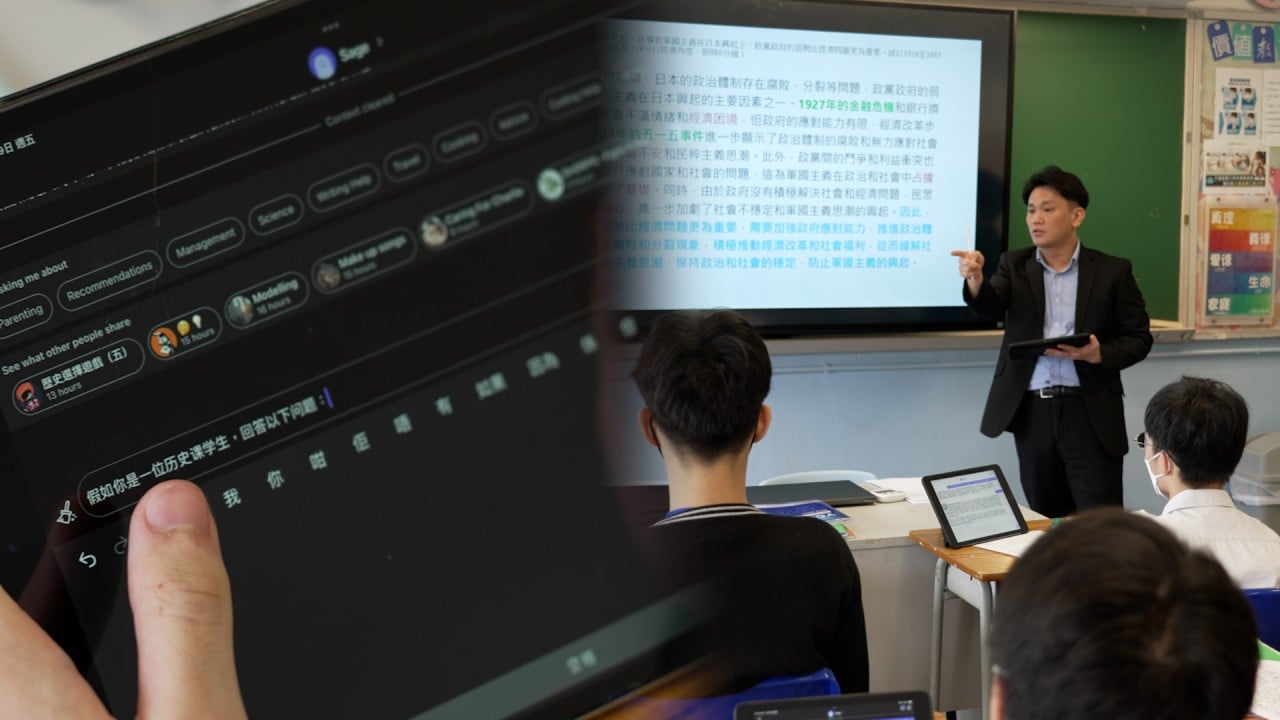The rise of DeepSeek, a low-cost alternative to OpenAI’s model, has ignited a global conversation about making artificial intelligence (AI) more widely accessible. The affordability of such a platform is a godsend to businesses seeking cutting-edge tools on a budget.
Advertisement
As these technologies spread like wildfire, they raise alarms in the field of education: What happens when AI becomes cheap, commonplace and unregulated? The answer is a mix of opportunity and peril.
Hong Kong’s education system, defined by its emphasis on academic excellence, is undergoing a quiet revolution. At the heart of this shift is AI, which is now deeply woven into students’ lives, from answering questions to editing essays.
Some see it as a democratising force levelling the playing field. Others worry it could dismantle the very foundation of intellectual growth. As a teacher, I find myself constantly asking, “Will open-source AI tools elevate learning or unravel it?”
To understand AI’s impact, one must understand the unique pressures facing Hong Kong students. The city’s education system is notorious for its high-stakes exams, such as the Diploma of Secondary Education, which determines not only university admissions but also career trajectories. Gruelling class schedules, exam stress and unyielding parental expectations take an immense toll on students. Cheap AI tools have emerged as both a lifeline and a lightning rod.
AI offers immediate solutions to overwhelming demands. It helps with homework, explains difficult concepts and even generates practice exam questions and answers. In a city where time is always in short supply, AI’s efficiency is hard to beat.


